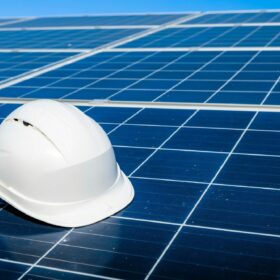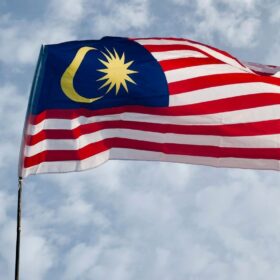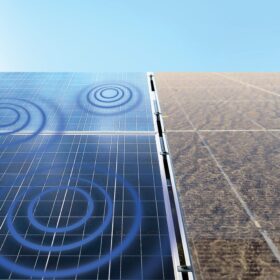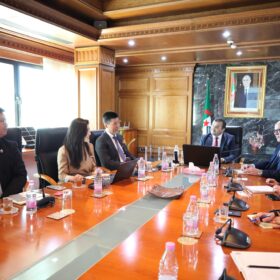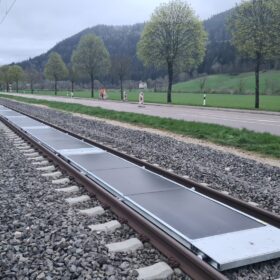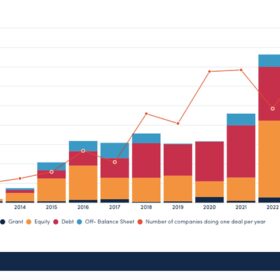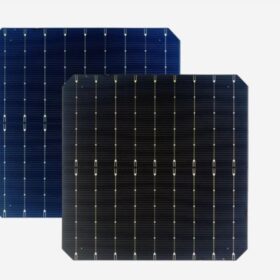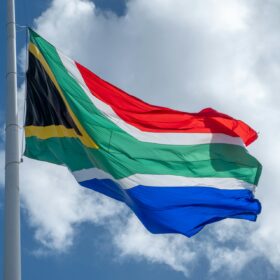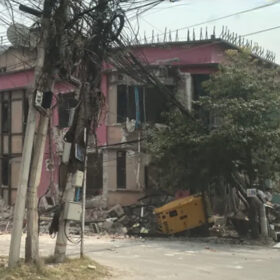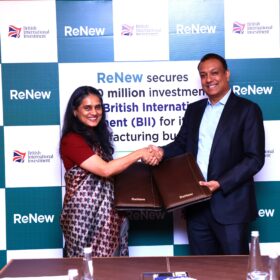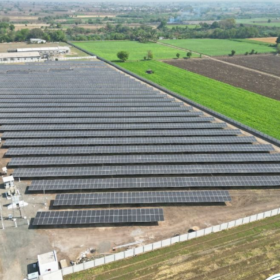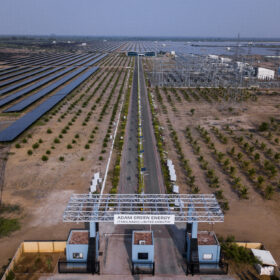Scatec starts constructing large-scale solar, battery storage project in Egypt
Work is underway on a 1.1 GW solar project with 100 MW/200 MWh of accompanying battery energy storage in Egypt. The first phase of the project is scheduled for commercial operation during the first half of next year.
Malaysia introduces rooftop solar aggregation scheme
Malaysia’s first rooftop aggregation initiative for solar systems is now live. The program allows homeowners to lease or rent their rooftop for solar generation, with the electricity produced sold to commercial and domestic customers within a 5 km radius.
Fraunhofer develops contactless method for measuring back-contact solar cells
Scientists at the Fraunhofer Institute for Solar Energy Systems ISE have developed a contactless method to measure the performance of back-contact solar cells, enabling in-line assessment of key parameters such as efficiency, fill factor, and current-voltage characteristics.
Fraunhofer presents solar module cleaning tech using structure-borne sound
Fraunhofer Institute for Digital Media Technology IDMT has developed a solar module cleaning system that uses structure-borne sound and targeted mechanical vibrations to dislodge dust. Researchers will present the technology at Intersolar Europe in Munich from May 7 to 9.
Longi expresses interest in solar manufacturing in Algeria
A delegation from Chinese module maker Longi met with officials from Algeria’s Ministry of Energy and Mining last week to discuss cooperation that would support Algeria’s domestic solar market, including a solar manufacturing facility.
Swiss startup inaugurates removable PV plant on railway tracks
Swiss startup Sun-Ways says it has activated what it calls the world’s first removable solar plant on active rail tracks, with passenger trains set to run over the 18 kW installation from April 28.
Global investment in off-grid solar down 30% in 2024
Off-grid solar investment fell 30% in 2024, with early-stage firms and productive-use tech hit hardest, says Gogla. The global association for the off-grid solar energy industry adds that scale-ups attracted 77% of the nearly $300 million invested, signaling stronger commercial viability among mature players.
Japan’s Toyo begins production at 2 GW solar cell plant in Ethiopia
Toyo Co. has started production at its 2 GW solar cell facility in Ethiopia, with plans to deliver more than 80 MW of tunnel oxide passivated contact (TOPCon) cells by the end of April before scaling capacity to 4 GW.
South Africa targeting up to 5 GW of new renewables per year
The South African Renewable Energy Master Plan (SAREM) aims to deploy at least 3 GW of new renewables per year, increasing to 5 GW by 2030, while creating 25,000 jobs in the country’s renewable energy and storage sectors.
Myanmar earthquake disrupts solar wafer production, global supply chain
The recent 7.7-magnitude earthquake in Myanmar has disrupted solar wafer production in western China, where about 50% of the country’s wafer capacity is concentrated. Major manufacturers have suspended operations due to equipment failures, raising concerns over supply shortages and higher global solar prices.
